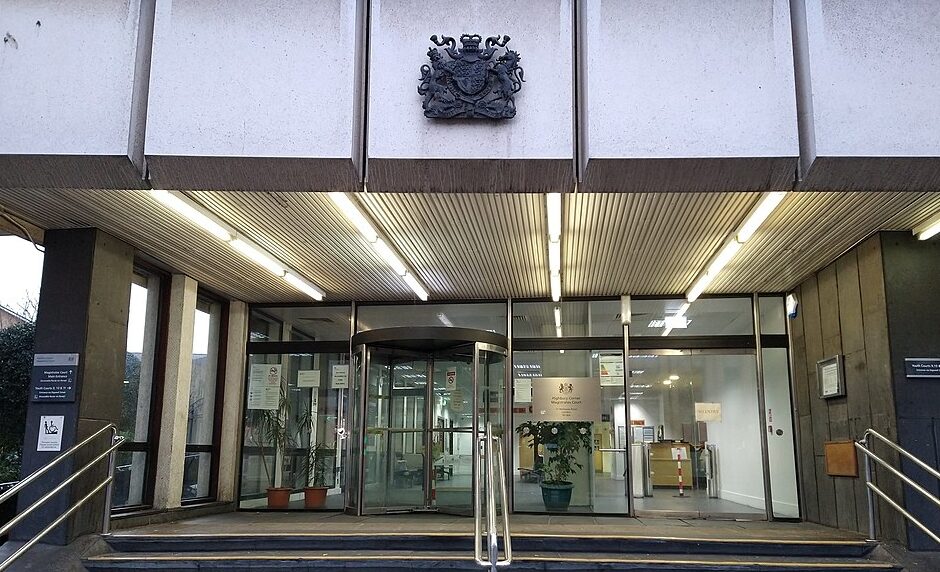Legal expert warns: Your driveway isn’t always protected—and you may not own the road outside
If you’ve ever returned home to find a stranger’s car blocking your driveway—or worse, parked on it—you’re not alone. Across the UK, parking wars between neighbours are escalating, and for many residents, the law isn’t always on their side.
In a detailed interview with The Express, Joanne Ellis, a land law specialist and partner at legal firm Stephensons, explained what homeowners can legally do when parking disputes arise. And her answers might surprise you.
First things first—what if someone parks on your driveway?
“If it’s on your driveway and they’ve not got any rights of way over it, or any other rights, technically that’s a trespass,” Ellis stated. That means you could potentially take legal action, but she’s quick to add: “We’d always suggest that people try and reach an agreement and just have the conversation first.”
But when a vehicle is parked on the public road in front of your house? That’s a different story entirely.
While it may feel like an invasion of your personal space, if the car is on a public road, the law offers limited protection. “If it’s not actually your land… You don’t have any ownership over an area that’s directly in front of your property,” Ellis said. The only exception might be if there’s a dipped kerb leading into your driveway.
In that case, the obstruction could be considered interference, especially if it stops you from accessing your own home. “Check your deeds to see what rights, responsibilities, or obligations everybody’s got around the area,” she advised. But even then, legal recourse isn’t guaranteed. “It’s not illegal as such,” Ellis added, “but there can be recourse.”
Embed from Getty ImagesThe situation becomes murkier when it’s not one regular offender, but a stream of random drivers, like parents parking outside during school pick-up hours. If the cars aren’t blocking a driveway and are on public roads, options are limited.
But when it is a repeat offender—say, a neighbour who consistently leaves their car half across your drive—that’s where things shift. “If it’s your neighbours constantly parking over your drive, then it’s much easier,” Ellis explained. “But it all essentially depends on the impact that it’s having.”
And that impact must be more than just annoyance. “It would need to interfere with your ability to access your property,” she stressed, “rather than just be an inconvenience.”
One possible solution, increasingly adopted by fed-up homeowners, is the installation of bollards. But even this has legal complications and can require council permission if it impacts public land.
Ellis’s ultimate advice is practical and clear: “I think the key is talking to your neighbour before it all really gets out of control, and getting advice and checking your deeds.”
In an age where minor neighbourhood tiffs can go viral or escalate to police calls, knowing your rights is essential—but so is staying calm. After all, it’s your home. No one should make you feel like a stranger in your own driveway.





